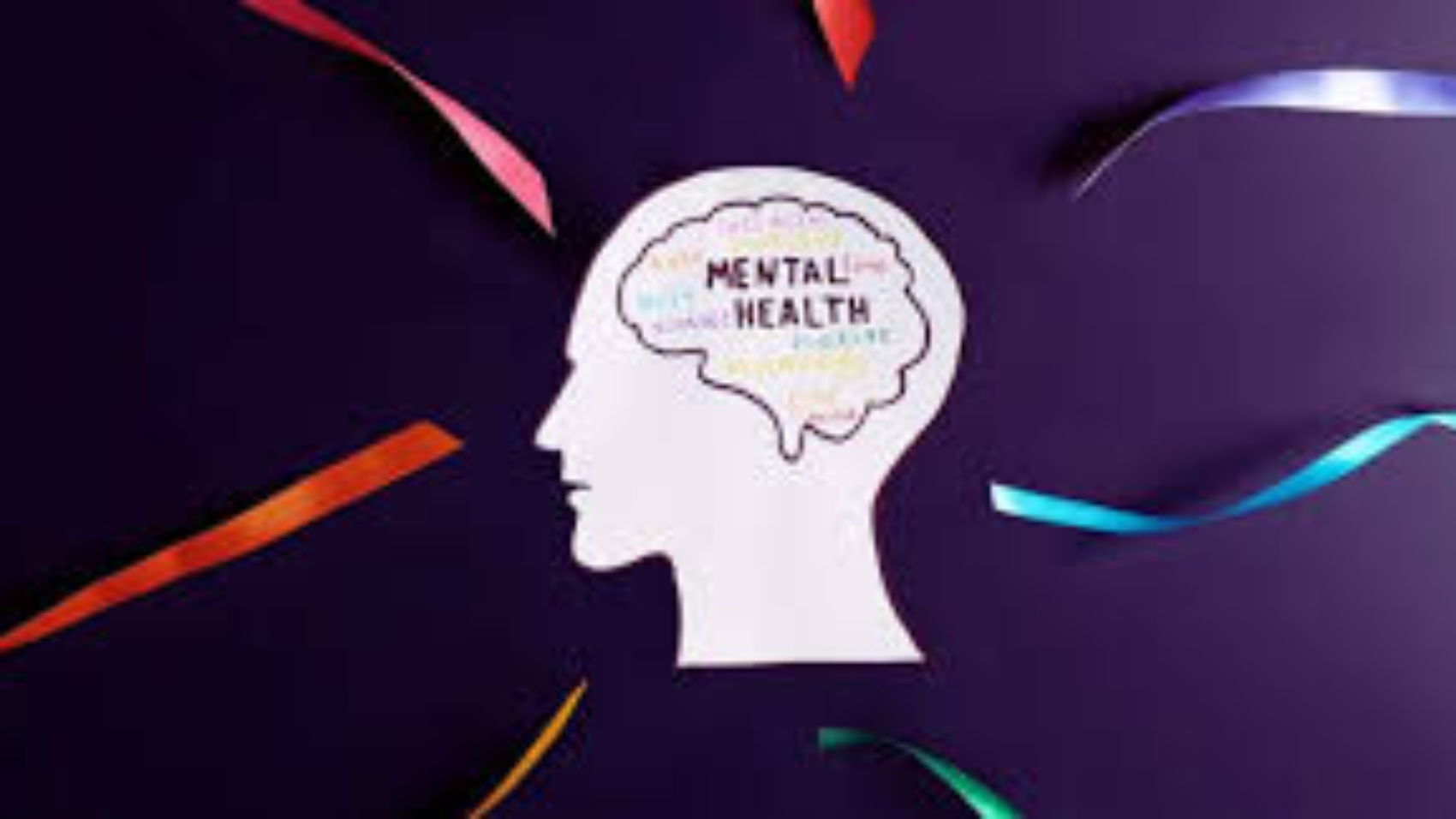Living with chronic pain involves more than physical discomfort. Emotional and mental well-being can significantly influence how individuals experience and respond to persistent pain. Research increasingly highlights the link between mental health and chronic pain, showing how psychological factors and emotional resilience impact pain management strategies.
Connecting Mental Health and Chronic Pain
Chronic pain and mental health conditions often occur together, creating a challenging cycle. Anxiety and depression can amplify the perception of pain by increasing sensitivity to physical discomfort. Emotional distress affects the brain’s ability to regulate pain signals effectively, potentially making symptoms feel more intense or harder to manage.
Pain management can help with these emotional challenges. Individuals dealing with unrelenting pain may experience feelings of frustration, isolation, or helplessness. These may lead to the development of anxiety or depression over time. This bidirectional relationship underscores the interconnected nature of the mind and body in pain management.
Understanding Psychological Factors
Several psychological factors can heighten or alleviate the experience of chronic pain. Stress often worsens pain symptoms. When the body is exposed to prolonged stress, it triggers the release of cortisol, which can lead to inflammation and heightened sensitivity to pain. Cultivating positive mental health habits may improve how pain is managed or perceived. Practices like mindfulness and fostering emotional stability reduce stress levels and pain levels.
Using Psychology in Pain Management
Psychological interventions have become an integral part of chronic pain management plans. Cognitive-behavioral therapy (CBT) is widely used to help individuals reframe thoughts surrounding their pain. By shifting focus away from negative thought patterns, CBT may help individuals develop coping mechanisms and make pain feel more manageable.
Mindfulness-based stress reduction (MBSR) techniques also show promise. MBSR involves meditation and deep breathing exercises to promote relaxation and diminish stress responses. These practices may reduce the emotional impact of living with chronic pain and foster a sense of calm and control. Professional mental health support is another key element in psychological pain management.
Fostering Well-Being
Beyond targeted interventions, holistic strategies for maintaining mental health can reduce the impact of chronic pain on day-to-day life. Regular physical activity, within an individual’s capacity, releases endorphins that improve mood and promote relaxation. Even light activities like stretching or walking have benefits for both physical and mental health.
Social connections are another key factor. Maintaining relationships and seeking support from peers or chronic pain communities helps reduce feelings of isolation. Having a network to share experiences and discuss coping strategies fosters resilience. Establishing a routine around mental self-care lays the groundwork for long-term well-being. Whether through hobbies, journaling, or setting aside quiet moments for reflection, creating a sustainable self-care routine emphasizes the mind-body connection.
Find a Pain Management Practice
Mental health plays a significant role in how chronic pain is experienced and managed. From the mutual influence of emotional health and pain perception to the benefits of psychological interventions and holistic well-being strategies, addressing mental health creates new pathways for managing chronic pain. For chronic pain sufferers, focusing on mental health offers more than temporary relief. It provides tools to build resilience, improve quality of life, and take meaningful steps toward managing persistent pain effectively.


[…] medicine in primary care plays a key role in maintaining the health and well-being of individuals of all ages. From preventive care to managing chronic conditions, it […]